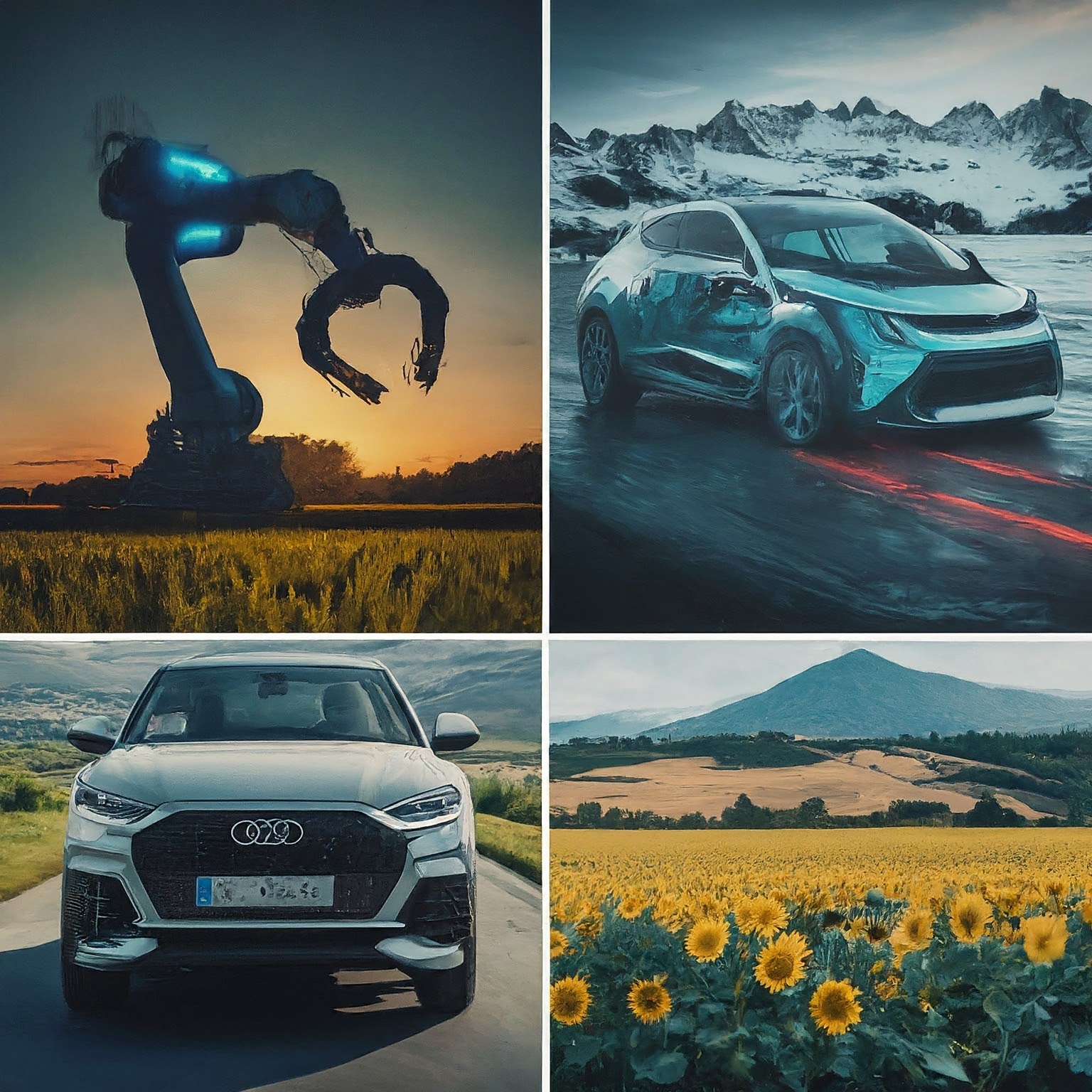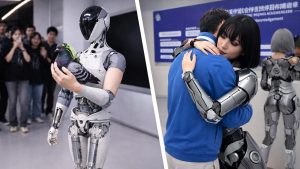
Artificial Intelligence (AI) is no longer a concept confined to science fiction. Today, it's a powerful force driving innovation and change across numerous sectors. From healthcare to finance, AI is revolutionizing how we live and work. In this blog, we'll explore the profound impact AI is having on the world, supported by real-world examples and future trends.
AI in Healthcare
One of the most promising applications of AI is in healthcare. AI-driven technologies are enhancing patient care, improving diagnostic accuracy, and streamlining administrative tasks.
- Medical Imaging: AI algorithms are used to analyze medical images such as X-rays and MRIs, helping doctors detect diseases earlier and with greater accuracy.
- Personalized Medicine: AI can analyze vast amounts of patient data to tailor treatments to individual needs, increasing the effectiveness of therapies.
- Virtual Health Assistants: AI-powered chatbots and virtual assistants provide patients with 24/7 support, answering health-related queries and scheduling appointments.
According to a report by McKinsey, AI applications could potentially create $150 billion in annual savings for the US healthcare system by 2026. Read more here.
AI in Finance
The financial industry is leveraging AI to improve decision-making, enhance customer experiences, and detect fraudulent activities.
- Algorithmic Trading: AI algorithms analyze market data in real-time to execute trades at optimal times, maximizing profits.
- Risk Management: AI models predict and manage financial risks by analyzing trends and historical data.
- Customer Service: AI-powered chatbots and virtual assistants offer 24/7 customer support, handling inquiries and transactions efficiently.
- Fraud Detection: AI systems monitor transactions in real-time, identifying and flagging suspicious activities to prevent fraud.
A report by PwC estimates that AI could add $15.7 trillion to the global economy by 2030, with financial services being one of the major beneficiaries. Learn more here.

AI in Transportation
AI is revolutionizing the transportation industry, making travel safer, faster, and more efficient.
- Autonomous Vehicles: Self-driving cars use AI to navigate roads, reduce accidents, and improve traffic flow.
- Predictive Maintenance: AI predicts when vehicles need maintenance, reducing downtime and preventing breakdowns.
- Traffic Management: AI analyzes traffic patterns to optimize traffic signals and reduce congestion.
According to the Boston Consulting Group, autonomous vehicles could generate $300 billion to $400 billion in annual economic benefits by 2035. Read the full report.
AI in Retail
In the retail sector, AI is enhancing customer experiences, optimizing inventory management, and driving sales.
- Personalized Shopping: AI analyzes customer preferences and behaviors to recommend products and personalize shopping experiences.
- Inventory Management: AI predicts demand for products, helping retailers manage stock levels and reduce waste.
- Customer Service: AI chatbots assist customers with inquiries, providing instant support and improving satisfaction.
According to Juniper Research, AI-driven retail could lead to $340 billion in savings by 2022 through improved efficiencies and enhanced customer service. Explore the research.
AI in Education
AI is transforming education by personalizing learning experiences and automating administrative tasks.
- Personalized Learning: AI systems adapt to individual learning styles and paces, providing customized educational content.
- Automated Grading: AI can grade assignments and exams, saving educators time and providing instant feedback to students.
- Virtual Tutors: AI-powered virtual tutors offer students additional support outside of the classroom, answering questions and providing explanations.
The World Economic Forum highlights that AI in education could enhance the learning experience and better prepare students for future job markets. Learn more here.
Future Trends and Challenges
While AI holds immense potential, it also presents challenges that need to be addressed.
- Ethical Concerns: Issues such as bias in AI algorithms and data privacy must be managed responsibly.
- Job Displacement: Automation could lead to job losses in certain sectors, necessitating strategies for workforce reskilling.
- Regulation: Developing appropriate regulations to govern AI use is crucial to ensure safety and fairness.
Despite these challenges, the future of AI looks promising. Continued advancements in AI technology will likely bring even more transformative changes, making our world smarter, more efficient, and more connected.
Artificial Intelligence is undeniably transforming the world, impacting various sectors in profound ways. From healthcare to finance, transportation to education, AI is driving innovation and improving efficiencies. As we navigate the opportunities and challenges that come with AI, it's clear that this technology will play a pivotal role in shaping our future.
For further reading, check out these resources:








